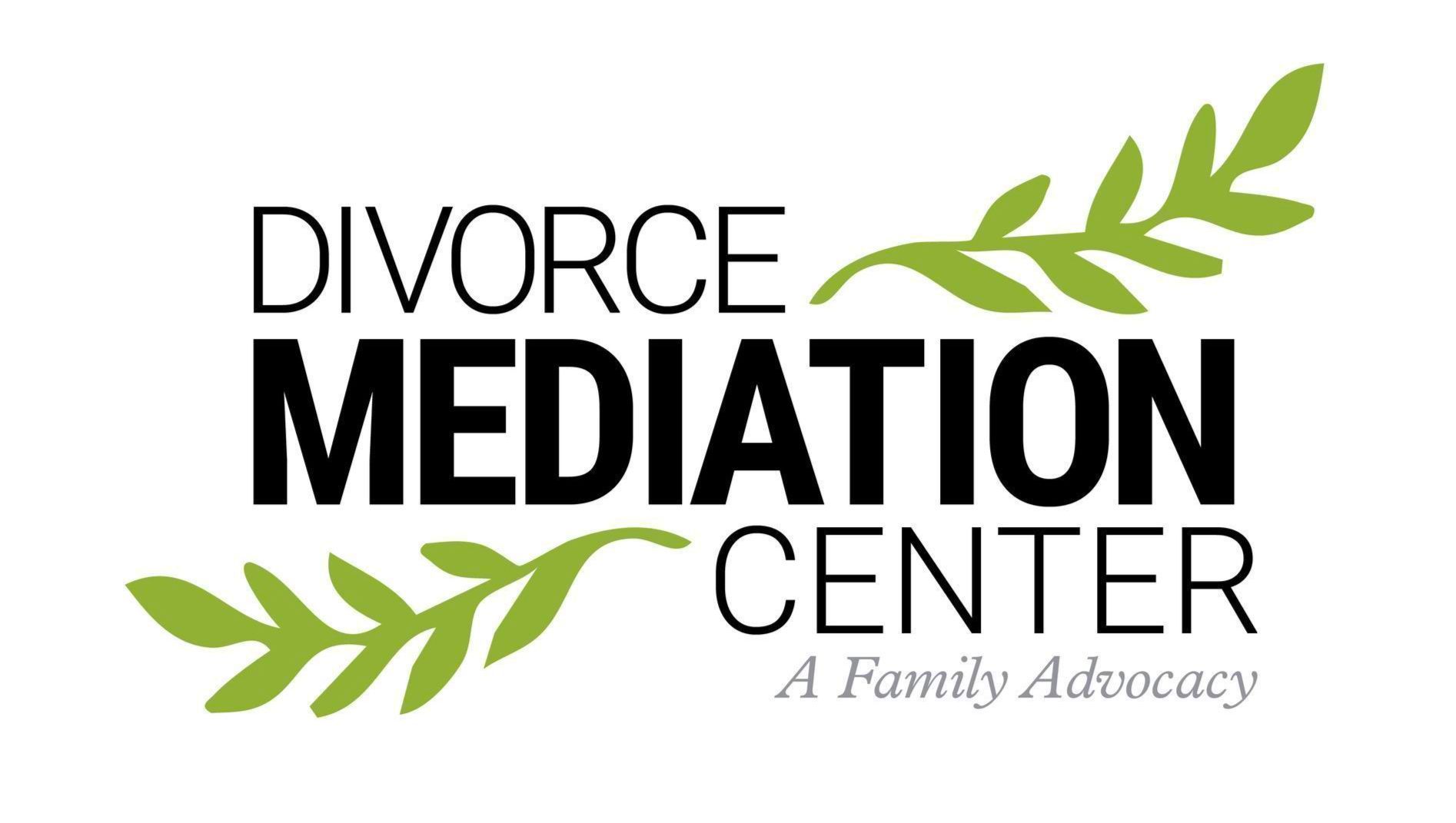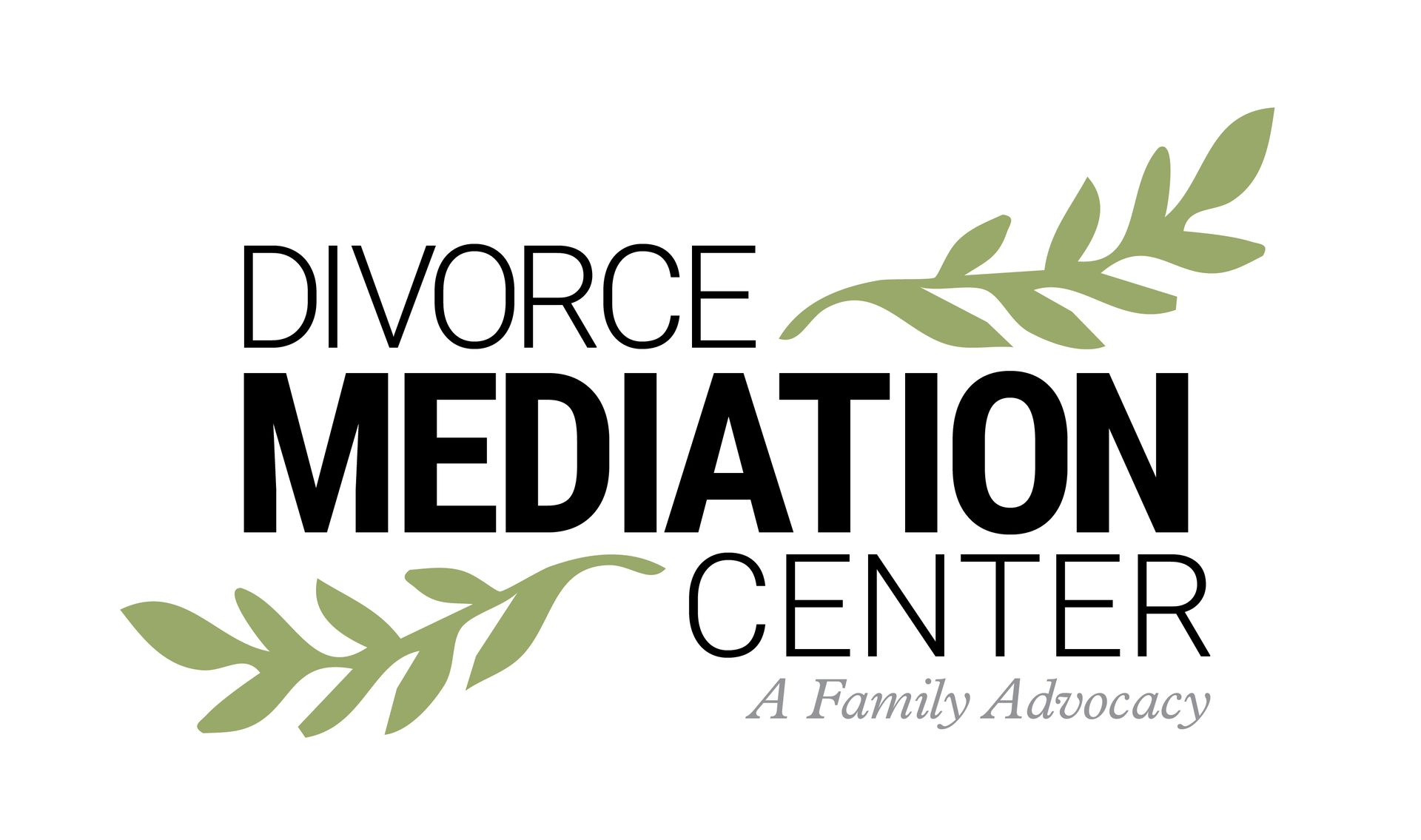FAQ
-
Why opt for a mediated divorce?
It saves the family tens of thousands of dollars! In traditional divorce proceedings, attorneys vie with each other to get the “winning” outcome at an average sticker price of $65,000 or more to the family. The process is an adversarial one which is intended to ultimately produce a “winner” and a “loser”. Not only is this method of settlement not helpful to either spouse, it also fuels further resentment which can cause ongoing problems when it comes to post-divorce matters, particularly when children are involved. Mediated divorce involves working with objective third party divorce mediators to reach a mutually satisfying agreement that stands a good chance of long term success, and keeps costs to a minimum. Divorce mediation is growing in popularity across Georgia as a more economical and ultimately more effective alternative to a litigated court process.
-
Why should I choose Divorce Mediation Center versus another mediation firm?
Our Transitions Divorce® is the most convenient, most trusted divorce model with operating centers located all throughout Georgia. Our Transitions Divorce® differs from other divorces in that we are the only family focused not-for-profit Advocacy in Georgia that provides your family the full team of professionals you require to complete a divorce settlement for one low multi-service bundled price. Mediation law firms do not bundle financial analysis, mediation services and settlement attorneys to file your documents, they simply offer mediation services and will try to extend the billable hours for that one service as long as they can to profit from your family. We do not PROFIT off of your family like other mediation providers. We carry your family from beginning to end in a very practical, non adversarial, efficient way while shepharding your expenses to minimize costs. Other firms are not a family advocacy, they are "for profit businesses" who stretch your process out to increase their profit from your family and only offer one piece of the services you will require. Their focus is on selling as many "billable hours" of mediation services that they can. Often Mediator Attorneys will intentionally leave items off of your settlement documents which paves the way for future law suits to revisit those items left out. Our services are complete so that your family never has to "revisit" any items in a future lawsuit.
-
Can I bring my own attorney to the Divorce Mediation Center?
Though you cannot bring your own attorney, we will provide you attorneys that have reduced rate agreements to minimize your overall expenses.
-
What are the benefits to my family with a mediated divorce?
Quite simply, a litigated divorce is war between the spouses which results in great losses for the family as a whole. A mediated divorce is a practical discussion of needs for both parties and a compromise to meet those needs. It is less contentious, has less conflict, costs substantially less, takes less time to complete and is less painful emotionally between spouses and for the children. Minimizing the legal process as much as possible sets the tone for a healthier post-divorce and co-parenting relationship.
-
How is mediation different from litigation?
Quite simply litigation is an oppositional/adversarial process that costs over a years average household income and mediation is a practical task oriented process that even high conflict couples can succeed in if they are willing to participate. In Mediation, a full discovery, disclosure process is facilitated prior to any agreements being discussed and parties are educated on what they are entitled to. In our Advocacy services, multiple "fair" scenario's are discussed well before the Mediator takes pen and paper to any agreeements.
-
Am I too angry/hurt to undertake mediation successfully?
99% of our clients are hurt/angry and have high conflict relational dynamics. The Transitions Divorce works for ALL couples; not just couples who already have a cooperative attitude. Our experienced advocacy team works with high conflicted couples every day to reach a settlement agreement. Mediation does involve discovery, full disclosure and a willingness to participate in good faith. Spouses must be able to speak freely and frankly about their needs in order to reach mutual solutions, so the need may arise for the Mediator to have private confidential discussions with one party or the other to work through some issues. If one spouse is a stronger personality the mediator will help to balance the power in the session and make sure that all voices are heard. Our team associates are professionals, specifically trained in divorce mediation.
Here are two testimonials :
From a High-Conflict Couple Client 12/2025 "Thank you for helping me/us, without your help it would have cost us years in court and a lot of money & turmoil. So grateful that you got us to a settlement, it is nice to have peace in my life again."
From a High-Conflict Couple Client 01/2026 "I wanted to let you know the divorce process is complete. Thank you for helping move this along. I would certainly recommend your expertise in working with couples like us."
-
What happens after mediation and an agreement has been reached?
Once the Transitions Divorce has been completed and all the agreements are made, a document that incorporates all the agreed upon issues will be drafted. The associate Attorneys that support our advocacy will then create the legal documents required and file them with your county court system.
-
What can I do to prepare in advance for divorce?
Couples do not need to do anything or make any decisions in advance prior to our Transitions Divorce. Our Advocacy will walk you through step-by-step what is needed and equip both spouses with detailed information in order for the family (both spouses) to make informed decisions regarding their agreement.
-
How do I tell my spouse I want to divorce?
Be clear on your own intentions:
Before considering this discussion with your spouse, take the time to consider what your own intentions are. Do you truly intend to pursue divorce? Or do you intend to initiate some action that will be an attempt to improve your relationship? A discussion around divorce should only be intended to have an outcome of divorce.
Timing of the discussion:
This is a very important discussion, and the timing and way it is handled will be crucial to the direction of any outcome of any action taken after this discussion.
When this discussion takes place, you should plan to be home alone with your spouse, make arrangements to have any children you have cared for outside of the home or when they are in school. You both need the flexibility to express freely your thoughts and feelings and give yourself enough time (2-3 hours) to have a complete and thorough talk and space and time to then process what took place in the discussion.The tone of the conversation should be thoughtful, calm and kind.
Prepare yourself for your spouse’s reaction and give consideration to exactly how you wish to react to each possible reaction they might have. Practicing the delivery of this conversation in advance with your Therapist is extremely helpful. If you do not have a therapist, please seek one for this purpose exclusively. A few coaching sessions for this discussion will be worth the investment in your time. You want to anticipate whether they are expecting this declaration on your part, or, are they completely surprised by your desires?
What to say:
The delivery of what you say should be considerate, empathetic and non threatening.
Start with acknowledging how you feel using “I” statements such as:
I’ve been considering making some family changes for some time.
I’ve not been happy with our situation and I think it’s time for us to consider separation or divorce but in an amicable way.
I don’t want to hurt you or the kids and I think we will be better parents and our family will function better if we transition into separate households.
I don’t want this to be an ugly, costly process. I have not hired a lawyer, and I don’t want you to hire a lawyer. I want to avoid a divorce court process. I want to work together, as a family through this and I want your needs and our family’s needs to be first and foremost.
I’d like us to try working with a Mediator and I’ve found a resource for this. If you are receptive, I can make an appointment for a consultation for us to learn more about it.
Avoid “You” statements that are blaming or that attempt to define for them what your spouse is feeling.
Allow your spouse to react and be patient and listen to their responses. Try to remain calm as you respond to them. Allow them the ability to vent however try to set empathetic boundaries to avoid bickering or rehashing old arguments.
Be receptive to working with a Therapist to help your spouse arrive at the same position where you are. It may take your spouse time to accept that divorce is imminent and either individual or couple counseling may be a progressive step to help you both prepare for a divorce process.
Preparing for this conversation with a Therapist can be critical in anticipating a variety of different reactions and how best to respond to those reactions. Role-playing the discussion will give you a wealth of insight on how best the information should be delivered for the conversation to have the most positive potential outcome. Some Therapists even offer the option to have the conversation with your spouse in session with them to help guide the discussion.
Remember, you will always be a “family” with your spouse as long as you have children together. Therefore how you handle this discussion as a family and the divorce/separation process as a family will dictate the tone of how you transition into an alternative family structure as divorced Co-Parents.
-
What do divorce lawyers do in their own divorces?
Divorce Attorneys J. Richard Kulerski and Kari Cornelison published on Huffpost in February of 2012 sharing insider information about what the public doesn’t know. Here are some quotes from their article:
“(Divorce attorneys) try to stay out of court (in their own divorces). Despite their familiarity with the system, and despite any perceived advantage they are believed to have, they do everything they can to settle their case before it reaches the court system. Divorce insiders try to resist the inclination to fight. They think going to court is a losing proposition. It wastes energy, time, and money and is a last resort; it is something they will consider only when there is no other choice.
Why are the pros more reluctant to fight than the public is? What do they know that the average person does not know? They know what the legal system looks like from the inside and they see fighting it out in court as a waste. They know there are no winners in a divorce battle and that the outcome of a divorce trial can only define the extent of how much they will lose.
Divorce insiders know that over 90 percent of all cases settle well before a trial, before they ever get before a judge. Insiders realize they will not get to vent in court, they will be deprived of the opportunity to tell the judge about the injustices, dishonesty, betrayal, adultery, lies, pain, unfairness that the public assumes the Judge will get to hear. However divorce professionals know that the court cannot consider misconduct in determining monetary or property awards.”
You can read the entire article here: https://www.huffpost.com/entry/what-do-divorce-lawyers-d_b_1252868
Have other Questions?
If you need further information please complete the online inquiry form or email us today to schedule a no-obligation, free virtual 1 hour couple consultation.
Consultation.DivorceMediation@gmail.com

